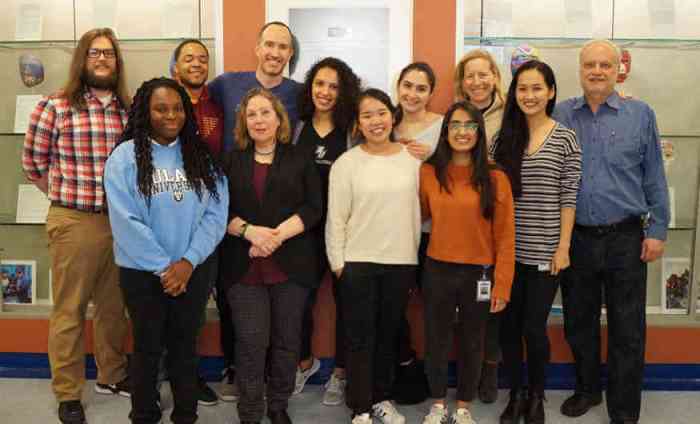A new study at Montefiore Health System and Albert Einstein College of Medicine will compare the outcomes of people with COVID-19 who are monitored at home by wearable technology, to people who receive standard outpatient care.
The investigators hope to determine if remote patient monitoring (RPM) can be used successfully to track symptoms and flag people at risk for getting severely ill.
Dr. Jonathan Leff, FASE, chief of cardiothoracic anesthesiology at Montefiore and professor at Einstein, is leading the study, which will include 150 people being monitored remotely by a team of medical professionals.
The team will keep a constant eye on participants’ health status in real-time, including heart rate, blood pressure, oxygen levels and temperature, all while watching for any signs of deterioration. Researchers will also enroll 150 people who get standard outpatient care, which consists of self-monitoring and follow-up phone calls from providers. The outcomes of the two groups will then be compared.
“We know that the majority of people with COVID-19 fare well recovering at home,” Dr. Leff said. “However, some people may not be comfortable managing their own symptoms or may not notice when their condition gets worse. Our study will help identify abnormal vital signs associated with declining health and hopefully prevent the development of life-threatening complications before it’s too late.”
To monitor participants, researchers are partnering with doctors, nurse practitioners, physician assistants, nurses and wellness coaches at MonitorMe, a telehealth provider with experience managing complex care patients. People in the RPM group will be observed 24 hours a day by the team and will keep a daily diary of their symptoms, including cough and difficulty breathing. People being monitored have access to real-time support, they can consult a provider immediately and be admitted directly to the hospital if necessary.
After patient data has been collected and the study is complete, the investigators will partner with Montefiore & Einstein’s Center for Health Data Innovations to build an algorithm that will predict which COVID-19 patients with mild or moderate disease are at risk for developing severe complications. This tool could potentially be used to identify people who would benefit from early intervention and enhanced treatment.
“While the COVID-positive testing rate in New York is around 1 percent right now, we can’t predict if there will be an uptick in cases during flu season,” said co-investigator Dr. Singh Nair, director of Anesthesiology Clinical Research Studies at Montefiore and assistant professor of anesthesiology at Einstein. “Our goal is to determine if wearable technologies can play a role in improving care outside the hospital and pinpoint who is most likely to suffer from COVID-19 complications. By doing so, we can be smarter about how we deploy resources and deliver the most informed care.”
























